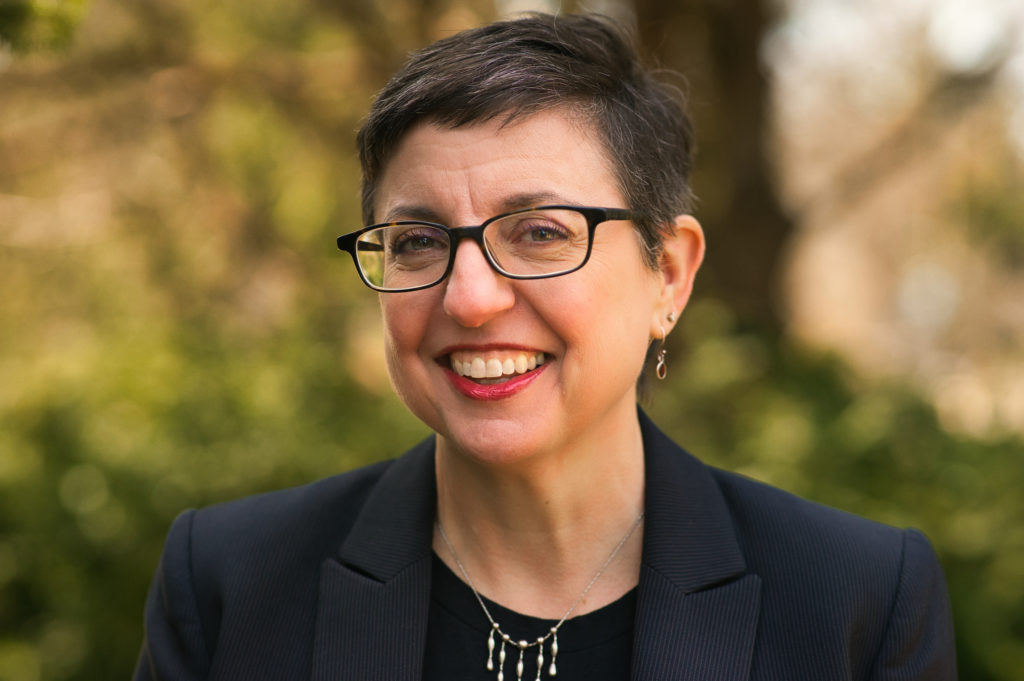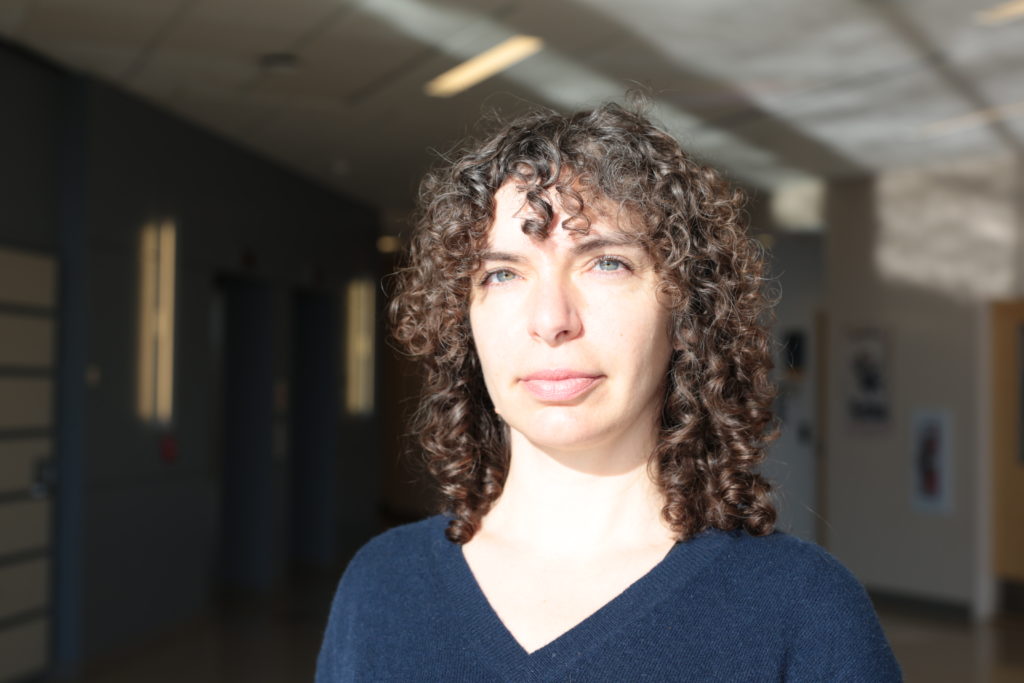Looking for information about future Forums? Sign up for the DLF Forum Newsletter!
in-person dlf forum
Don’t miss these captivating keynotes of the in-person DLF Forum’s opening and closing sessions, featuring these thought provoking speakers.
Opening Plenary Speaker, July 30, 2024
Presenting: Open Matters
Decades of work have gone into the development of platforms for scholarly communication that are designed to facilitate the greatest possible openness for circulating the knowledge that scholars and practitioners produce today. The goal of many of these platforms has been returning control of the processes of scholarly communication to scholars and their institutions, breaking the corporate stranglehold on the dissemination of knowledge. Those platforms, however, frequently depend on infrastructures that are similarly corporate-owned and controlled. As a result, the long-term sustainability of scholarly work relies at the deepest levels on the continued interest and goodwill of infrastructure providers (such as Amazon Web Services) whose goals and values are radically different from our own. This talk will explore what our dependence on corporate communications infrastructures may mean for the future of scholarly communication, as well as ways that academic institutions might become better able to take control of their own infrastructural needs.
About Kathleen Fitzpatrick
Kathleen Fitzpatrick is Interim Associate Dean for Research and Graduate Studies in the College of Arts & Letters at Michigan State University. Prior to assuming this role in June 2024, she was Director of Digital Humanities and founding director of Mesh Research. Her work across her career has focused on building resilient, sustainable scholarly communities and transforming their processes to foreground connection, conversation, and collaboration. Her most recent book, Leading Generously: Tools for Transformation, will be published by Johns Hopkins University Press in October 2024. She is project director of Knowledge Commons, an open-access, open-source network serving more than 40,000 scholars and practitioners across the disciplines and around the world. She currently serves as president of the board of directors of the Educopia Institute.

Closing Plenary speaker, July 31, 2024
Presenting: After “after access”: Emerging issues for digital inclusion and digital equity
Access to digital technologies alone does not automatically produce equitable outcomes or meaningful connection. Librarians, educators, and digital inclusion advocates have known this for quite some time. Researchers have repeatedly used the term “after access” to describe the unevenness, costs, and penalties experienced by people who have access to digital content and internet-ready devices, but have differential experiences of what it means to be “connected.” Over a decade ago, “after access” issues described the inadequacy of relying on mobile-only internet or computer access; lacking digital literacy skills; or connecting to the internet from the rural side of the digital divide. These problems persist and have been exacerbated by exclusionary biases in algorithmic systems, artificial intelligence, smart cities, and private networks. This talk will explore the ways in which “after access” issues have evolved, what this evolution means for digital inclusion and equity interventions, and how infrastructures of repair may be used to confront our current conditions and move beyond harm reduction toward more equitable digital futures.
About Germaine Halegoua
Germaine Halegoua is the John D. Evans Development Professor & Associate Professor of Communication and Media and co-founder of the Urban Tech Collective at the University of Michigan. She is also the Director of Graduate Studies and member of the executive committee at the University of Michigan Digital Studies Institute. Her research focuses on the relationships between people, place, and digital media. In particular, she’s interested in how visions of digital media by public officials and urban planners often conflict with popular imaginations and everyday experiences of digital technologies and infrastructures. Her recent projects investigate digital placemaking; smart cities; cultural geographies and inequities of digital infrastructure and access; and social productions of place and identity online. She has published several articles, special journal issues, books and co-edited collections about the social, cultural, and geographic aspects of urban technologies and digital infrastructures including: The Digital City (2020), Smart Cities (2020), Routledge Companion to Media and the City (2022), Locating Emerging Media (2016). Germaine has primarily worked with urban and rural populations in the Midwest to investigate how people experience, critique, and adopt digital infrastructures within their communities. From 2021-2023, Germaine worked with a team of researchers to study broadband access and affordability across Kansas, specifically in rural and frontier communities. Along with a team of co-PIs, she was recently awarded a grant to investigate the concept of “Reparative AI” in order to formulate avenues for algorithmic and AI reform.
